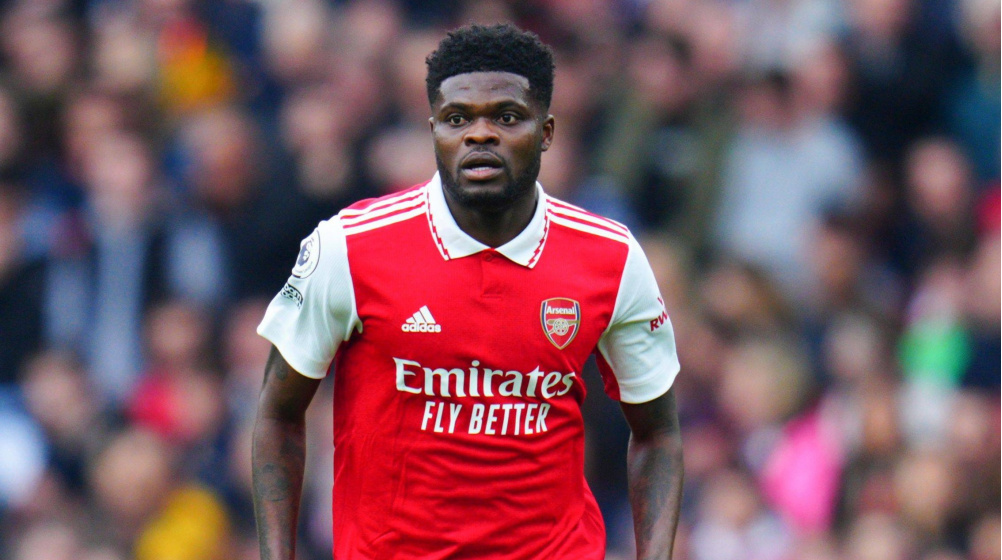Five years ago, Arsenal found itself in turmoil. On the pitch, results were dismal. Off it, a disconnect grew between fans and a lethargic, aimless squad.
Also Read: Man United Eye PSG’s Randal Kolo Muani in Bold January Move – Talks Underway
Yet, from those depths, a rookie manager named Mikel Arteta began reshaping the club with a bold, holistic vision.
Now, as he approaches his fifth anniversary, Arsenal stands transformed—but without the major trophies that cement a legacy. Here, we reflect on Arteta’s journey, the hurdles he’s overcome, and the challenges that remain.
When Arteta was appointed in December 2019, Arsenal sat 19 points adrift of the Premier League summit.
A humiliating Europa League loss to Eintracht Frankfurt days earlier symbolized a club in freefall. The fans were disengaged, and the squad was divided—a lethal combination.
From his very first interview, Arteta spoke of more than just tactics; he talked about “energy” and creating a new way of living for the team. A product of diverse influences—from San Sebastián to Paris, London to Barcelona—Arteta brought a global perspective to North London.
Crucially, he didn’t just talk. He acted decisively. Arteta froze out big names like Mesut Özil and Pierre-Emerick Aubameyang when they failed to meet his non-negotiable standards.

He cleared out aging and underperforming players like Shkodran Mustafi and Sokratis Papastathopoulos, paying the price for a leaner, hungrier squad. The moves weren’t universally popular. But they sent a clear message: under Arteta, no one was above the team.
Arteta’s football philosophy quickly became apparent. His recruits embodied three traits: versatility, physicality, and intelligence.
Players like Benjamin White, Martin Ødegaard, and Jurrien Timber exemplified these qualities, offering a mix of technical skill and adaptability.
Arteta also embraced tactical evolution. Starting with a pragmatic 3-4-3 that won the 2020 FA Cup, he progressed to more dynamic systems, eventually creating a team capable of switching styles mid-game.
Whether in a high-pressing 4-3-3 or a compact mid-block, Arsenal became a team for all occasions.
Key signings reflected his adaptability. Gabriel Jesus and Oleksandr Zinchenko brought City-style technicality, while Declan Rice and Kai Havertz added physical dominance. Arteta’s willingness to adapt—even if initially slow—has been a hallmark of his tenure.
The 2022/23 season epitomized Arsenal’s progress and frustrations. For much of the year, they went toe-to-toe with Manchester City, playing some of the most exhilarating football in the league.
Yet, despite leading the table for 248 days, they fell short in the end. For fans, the pain was acute. A missed Leandro Trossard chance against Aston Villa, a loss to Manchester City, and lapses in key matches meant the Premier League trophy eluded them.
But for Arteta, the campaign was proof of progress: a young, hungry team coming within a whisker of glory.
The Champions League has been another source of frustration. Recent losses to Inter Milan and poor away results highlight the gaps that remain, especially in terms of consistency on the European stage.
Arteta’s influence now permeates every aspect of the club. From tactical innovation to training ground culture, his fingerprints are everywhere. But this centralization of power comes with risks.
With Edu departing as Sporting Director, some fear Arteta’s growing influence could lead to a Wenger-style era of one-man control.
Critics argue he needs strong voices around him to challenge his ideas, but Arteta himself has shown an openness to evolution. His assistants, selected for their ability to push back, are key to keeping him grounded.
Despite all the progress—improved league finishes, better performances against Big Six rivals, and a reinvigorated squad—one glaring issue remains: Arsenal have yet to win a major trophy since 2020.
Arteta’s Arsenal train is undeniably moving in the right direction, but fans are eager for a destination. Without silverware, history may overlook the strides made under his leadership.

Yet, it’s hard to ignore how close Arsenal have come. One more goal, one more win, and they could have been Premier League champions last season. That proximity to greatness inspires hope that the elusive trophy is just around the corner.
Mikel Arteta’s five years at Arsenal have been transformative. From a struggling, divided squad to one capable of challenging Europe’s best, the journey has been remarkable. But success in football is ultimately measured in trophies.
For now, Arsenal fans remain on the train, trusting in the process that has brought them this far. And as the club moves into its next chapter, the hope remains that Arteta can deliver the glory that would make these years truly unforgettable.














